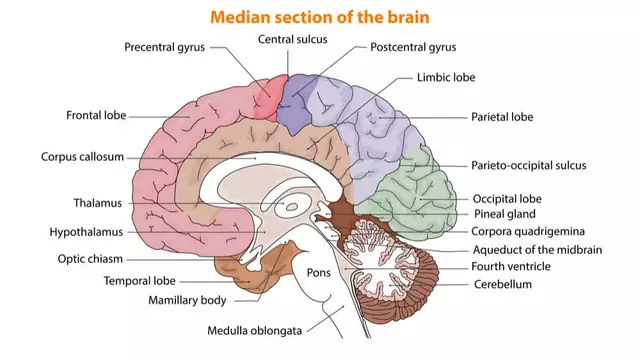Emotional wellbeing: practical steps you can use today
Feeling overwhelmed, tired, or numb? Emotional wellbeing isn’t a luxury — it’s a set of skills you can build. Small changes in how you move, breathe, and connect can change your mood fast. This page gives clear, useful actions you can try right now, no jargon, no fluff.
Daily habits that actually help
Start with one habit and keep it simple. Try 10 minutes of focused breathing each morning. Breathe in for four, hold for four, out for six. That calms your nervous system and helps you think clearer.
Move your body in any way you enjoy. A short walk, a quick stretch, or 15 minutes of dancing raises mood chemicals and cuts stress. You don’t need a gym—consistency matters more than intensity.
Sleep matters more than people admit. Aim for a consistent bedtime, cut screens 30 minutes before sleep, and keep your room cool and dark. Better sleep reduces mood swings and makes stress easier to handle.
Use a simple mood check: twice a day, rate your mood from 1–10 and jot one reason why it’s that score. This tiny habit helps you spot patterns—foods, people, or tasks that lift or drag your mood.
Build a small social win: call or text one person weekly just to check in. Real connections reduce loneliness and give perspective when problems feel huge.
Practical coping tools and when to seek help
When anxiety spikes, use grounding: name five things you see, four you can touch, three you hear, two you smell, one you taste. It anchors you in the present and short-circuits the panic loop.
For low moods, use an action-first approach. Pick one tiny task you can finish in 10 minutes—a shower, washing dishes, making the bed. Completing small tasks sends signals to your brain that you can handle things.
If feelings stay intense for weeks, interfere with your work, or you’ve had thoughts of hurting yourself, get professional help. Talk therapists, primary care doctors, or crisis lines can connect you to treatment. If you’re in immediate danger, call emergency services now.
Therapy types like CBT can teach skills to change unhelpful thoughts. Medication can be helpful for many people and is worth discussing with a doctor. If you’re unsure where to start, ask a trusted clinician for a referral or use telehealth options for faster access.
Emotional wellbeing grows from small, consistent actions: steady sleep, short daily movement, quick breathing exercises, grounding tricks, and honest social contact. Try one change this week and notice what shifts. You don’t need everything to be perfect—just one new habit at a time.

Explore how HIV support groups improve emotional wellbeing, treatment adherence, and quality of life for people living with HIV, with practical tips on finding the right group.
Chris Gore Sep 22, 2025
Chronic Hepatitis C not only impacts physical health but also significantly affects emotional wellbeing. This article delves into the emotional challenges faced by those living with this condition and offers tips for managing mental health. Learn about the connection between chronic illness and emotional struggles and discover ways to improve your overall wellbeing.
Chris Gore Sep 8, 2024




